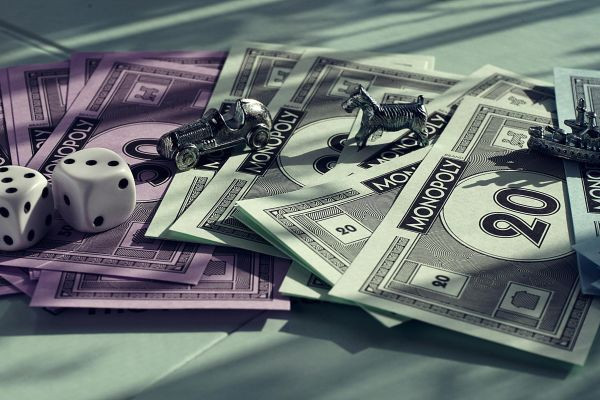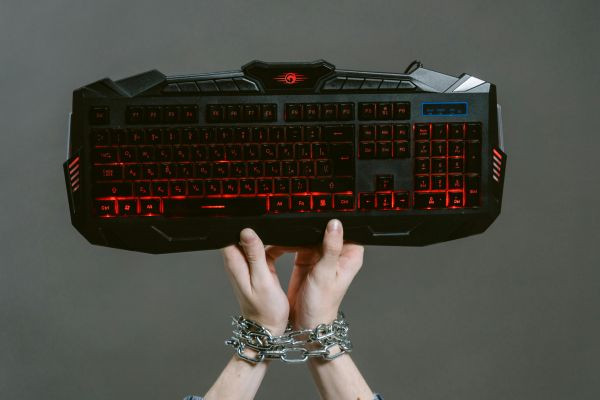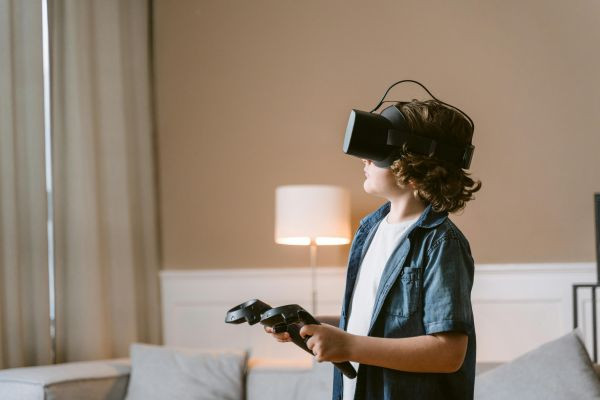Video games are not just a form of entertainment but an integral part of cultural history. From the first arcade machines to the open-world blockbusters of today, video games have become a huge global..
11/30/24 • 354 Views
Video games are not just a form of entertainment but an integral part of cultural history. From the first arcade machines to the open-world blockbusters of today, video games have become a huge global industry that molds art, technology, and social interactions. Like much of digital media, though, video games pose an existential threat: they may not survive to be seen again by future generations. Now it's urgent that preservation happen because the majority of those games which defined the playing generation are on the cusp of being lost in history. This article explains why we must save our video games and why it is important to preserve this unique and ever-growing medium.
The Risk of Losing Our Digital Heritage
Unlike physical media such as books or films, digital content is inherently fragile. As technology advances, older hardware becomes obsolete, and software can become incompatible with modern systems. It means that all these classic games could be unplayable after some time due to outdated technology, licensing issues, and the lack of methods to preserve them properly in the video game world. Video game consoles and PCs will cease to support old cartridges or discs, and even when these games can be purchased at online stores, one would not know whether these can be accessed for all times since stores close, companies stop supporting them, and etc.
One of the very popular titles is "The Simpsons: Arcade Game". It was released back in the 1990s. For all these years, this game simply couldn't be played without breaking out that rare arcade machine. But thanks to preservationists, this game was finally put on digital shelves of PlayStation Network and Xbox Live Arcade. Unfortunately, not many others are as fortunate. Titles of older consoles, such as Atari 2600 or Sega Genesis, are difficult to find and play today because the hardware is outdated and a re-release rarely happens.
Licensing and Ownership Difficulty
Licensing issues are one of the biggest hurdles in game preservation. Many older games were developed with contracts that don't reach into modern digital platforms. The rights to the game, such as music, characters, or even the storyline, might not lie with the creators anymore. Whenever the rights holder changes hands or a company goes bankrupt, the potential to resell or archive these games may be significantly impaired.
Consider the example of "Chrono Trigger", one of the most popular RPGs of the 1990s. While it has indeed been re-released on a few platforms, more often than not it was taken off because of difficult licensing arrangements, and therefore had no legal way for the fans to get a copy. Like with "Licensed Sports Games" reissues from older generations such as Madden NFL or NBA Jam, there are limitations; they rely on the real sports athletes whose contracts expire over time, thus impossible to release those games without readjusting their licensing term. Some of them get derailed back into history and miss out on their new chances.
The Significance of Preserving Gaming History
Video games are not just code and graphics but also cultural artifacts capturing the creativity, technological innovation, and social dynamics of their time. It is thus crucial to preserve these games for an understanding of the development of the medium and its effects on society. As a culture, video games are just like paintings, literature, or films; therefore, they deserve to be preserved. They are imbued with art, technology, and entertainment as well as the rich legacy that is common for our future generations.
Moreover, video games reflect the cultural, political, and social sentiments of their time. Therefore, "Metal Gear Solid" comments on war, technology, and human nature, while "Grand Theft Auto" speaks to consumerism and urban life. This is why saving these games saves not only the entertainment values but also the cultural inputs into the times they represented.
The Role of Preservationists and the Gaming Community
There are many dedicated people and organizations doing just this. The Video Game History Foundation, for example, is specifically a group that focuses on the archiving of games, hardware, and documents in relation to the history of the medium. It is working with developers, museums, and collectors to see to it that the important titles are preserved in playable form and that their stories get told.
Another important part of game preservation is emulation, which is the replication of older video game systems onto modern hardware. Emulators can run old games on computers and have played a critical role in the preservation of some classic titles. Emulation is also often contentious for legal reasons related to intellectual property rights. This aside, it is very clear that emulation is one of the important tools to ensure that older games are not lost in the annals of time.
Fans' communities have emerged to protect and disseminate games through fan-built websites, private servers, and game modding. Communities of preservation often work diligently to digitize and archive games, so that if official channels fail, the game will live on in some form.
The Future of Game Preservation
The more the gaming industry grows, the more the need to preserve will grow. This makes games more accessible to the entire world but also easier to forget. Game developers and publishers have started to realize that preservation of their games is crucial. Some have issued "remasters" or "re-releases" on modern platforms, bringing the experience to a new generation of gamer. Not all, however, get this treatment and the specter of games being lost from previous generations is an ever-present fear.
It is the continued efforts of developers, archivists, and the gaming community that will keep game preservation alive. There must be an understanding on the part of the players and the industry as well that saving our digital heritage is important before it becomes lost in the abyss of time.
Conclusion:
Video games form part of our culture, and they should be conserved; this has nothing to do with nostalgia, but history. The conservation of video games will afford generations to come the opportunity of experiencing magic in old titles, which will help them understand where this medium originates and evolves. We have a large gaming industry, and therefore, we need to start working right now so that past games are not lost and maybe used for years to come. Game preservation is an investment in both our cultural future and the continued legacy of video gaming itself.









